HARRIET HARRISS
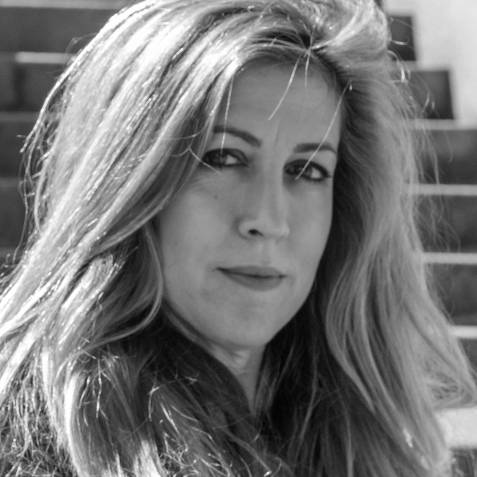
Professor Harriet Harriss (RIBA, PFHEA, Ph.D.) is a qualified architect and Dean of the Pratt School of Architecture in Brooklyn, New York. Her teaching, research and writing focus upon pioneering new pedagogic models for design education, as captured in Radical Pedagogies: Architectural Education & the British Tradition, and for widening participation in architecture to ensure it remains as diverse as the society it seeks to serve, a subject she interrogates in her book, A Gendered Profession. Professor Harriss has won various awards for teaching excellence including a Brookes Teaching Fellowship, a Higher Education Academy Internationalisation Award, a Churchill Fellowship, and two Santander awards. Before joining the RCA, she led the MArchD in Architecture at Oxford Brookes and was appointed a Principal Lecturer of Student Experience. Professor Harriss was awarded a Clore Fellowship for cultural leadership (2016-17) and elected to the European Association of Architectural Educators Council in summer 2017. Professor Harriss' public consultancy roles include writing national construction curriculum for the UK government's Department for Education and international program validations and pedagogy design and development. Across both academe and industry, Professor Harriss has spoken across a range of media channels (from the BBC to TEDx) on the wider issues facing the built environment, is a recognized advocate for design education and was nominated by Dezeen as a champion for women in architecture and design in 2019.
JOHAN DE WALSCHE

Dr Johan De Walsche is engineer-architect and associate professor in Architecture at the Faculty of Design Sciences of the University of Antwerp. He is head of the architecture programme, vice-chair of the faculty education board and member of the Henry van de Velde research group. Johan De Walsche has a strong research interest in architectural education, where he focuses on architectural design as a form of inquisitive practice, thus connecting the field of design studies with architectural research methodology and educational philosophy. He pleads for a better understanding of academia and practice as distinct, but interrelated sites of knowledge production, and strives towards a more intrinsic entanglement of both. Next to this, he runs the research studio ISTT (Interdisciplinary Studio for Territories in Transition), adopting a socially engaged design-driven, actor-oriented urban living lab approach for understanding and impacting spatial transformations, particularly in building cultures in non-Western environments (Suriname and Brazil). Johan is a council member of EAAE (European Association of Architectural Education), and founding member and coordinator of the EAAE Education Academy. He is also founding member of ARENA, an international network for architectural research, where he is coordinating a series of research seminars on architectural design research (DR_SoM, Design Research, Series on Methods). He is regularly invited as an expert in committees about design research and artistic research. Johan De Walsche has been scientific committee member, session chair and keynote speaker at several conferences, research seminars and workshops on architectural education, and design research and has been external examiner and visiting critic at several institutions.
MIA ROTH-ČERINA

Dr Mia Roth-Čerina is an architect and associate professor at the Department of Architectural Design at the Faculty of Architecture, University of Zagreb, as well as a Council member of the European Association for Architectural Education since 2018. She has taught architectural design since 2001, lead extracurricular workshops exploring new modalities in higher architectural education, served as a member of national and international professional, public and faculty bodies, engaged as guest critic and jury member, written and exhibited on both her work and research interests which focus around architecture for education, architectural education and common space. Her practice is lead in partnership with Tonci Cerina, with whom she has won numerous architectural competitions and awards. She presided over the Faculty’s publishing committee from 2012-2016, is a member of the Education Committee of the Croatian Chamber of Architects since 2010 and has been the Croatian delegate of the UIA Architecture and Children working group 2010-2017. She has mentored numerous master theses and is a member of the Faculty’s doctoral committee. Since 2016 she has been serving as Vice-dean in charge of international relations and art at her Faculty, during which time she has extensively worked on involving the school in the pinnacle of relevant architectural education discussions.
MICHELA BAROSIO
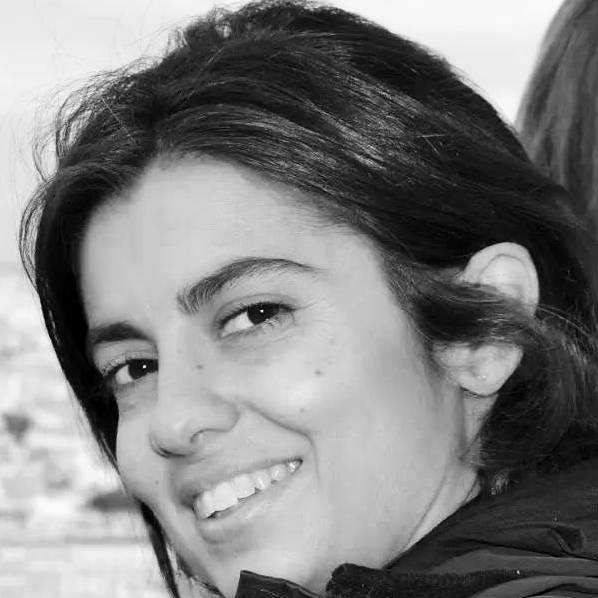
Dr Michela Barosio is a full time researcher and assistant professor at the Department of Architecture and Design of the Politecnico di Torino. During 2018/19 she coordinated the reform of the Bachelor program in architecture at Politecnico. As a researcher and aggregate professor of the Department DAD, Michela is a chartered architect holding a Phd in Architecture and Building Design. She teaches both in undergraduate and in master program of Architecture in multidisciplinary Design Units. Her research is focused on three main axis: architectural education methods, shared design of public spaces and urban regeneration of industrial dismantled areas. She has been engaged in many national and international research programs such as “Architecture- Market-Democracy. The evaluation of architectural quality as an issue: aesthetic criteria’s in programs for housing between market and democracy” (2011-2013), or “Architecture and Places: local landscape valorisation between identity development and promotion. From ‘parish maps’ to ‘territorial brands’ ” (2010-2012). She actively participates in the EAAE education academy workshops since 2016.
DAG BOUTSEN

Dag Boutsen is the dean of the KU Leuven Faculty of Architecture with campuses in Brussels and Ghent. Dag is a Belgian architect and has a lot of experience in co-creative design with projects in the Netherlands, France and Germany. His particular teamwork-experience has grown through 20 years of working with Lucien Kroll on numerous housing and school complexes developed through participatory workshops. The search for the right "spot" for the discipline of architecture, as one among the numerous other university disciplines is what keeps Dag going since 2009: the societal position, the research setting as well as the educational point. As a dean of a Faculty of Architecture belonging to one of the oldest, most research-based and internationally very high ranked universities in Europe and beyond, he considers the construction of this suited spot as his main duty. Together with numerous colleagues of his Faculty, he has been involved in actions related to the EAAE or EAAE-topics, both directly and indirectly. PhD-by design, CA²Re-conferences, ADAPT-r, ARENA, non-written research output, eCAADe, experimental curricula, multi-campus education, nomadic schools, European exchange, over-seas collaborations, international workshops, none of these are unfamiliar to Dag and his partners.
CARLA SENTIERI

Dr Carla Sentieri, research director of design projects department in Universitat Politecnica de Valencia, senior lecturer and coordinator of the Innovation Group ICApA (Innovation and Quality on Architectural Design Projects and Process) has collaborated in different UPV innovation projects related to development and increasing of transversal competences and skills. She was UPV coordinator at OIKONET, a global multidisciplinary network on housing research and learning (2014-2017). She has been involved in EAAE since 2016 and participated in different workshops and research with students of architecture and architects. The focus of her projects, research and teaching aligns around the architecture of educational, housing and public spaces. Her practice is developed in Sentieri architects studio, she has won numerous awards in architectural competitions. She has held public and guest lectures and critics, acted as jury member in student and professional design competitions and participated in public debates. Currently she is the director of “a Thesis: The architecture of the future from teaching today” and aims to diagnose the teaching of architecture from the perspective of Teaching for Sustainable Development and the Sustainable Development Goals, as defined by the United Nations.
FEDERICA VANNUCCHI
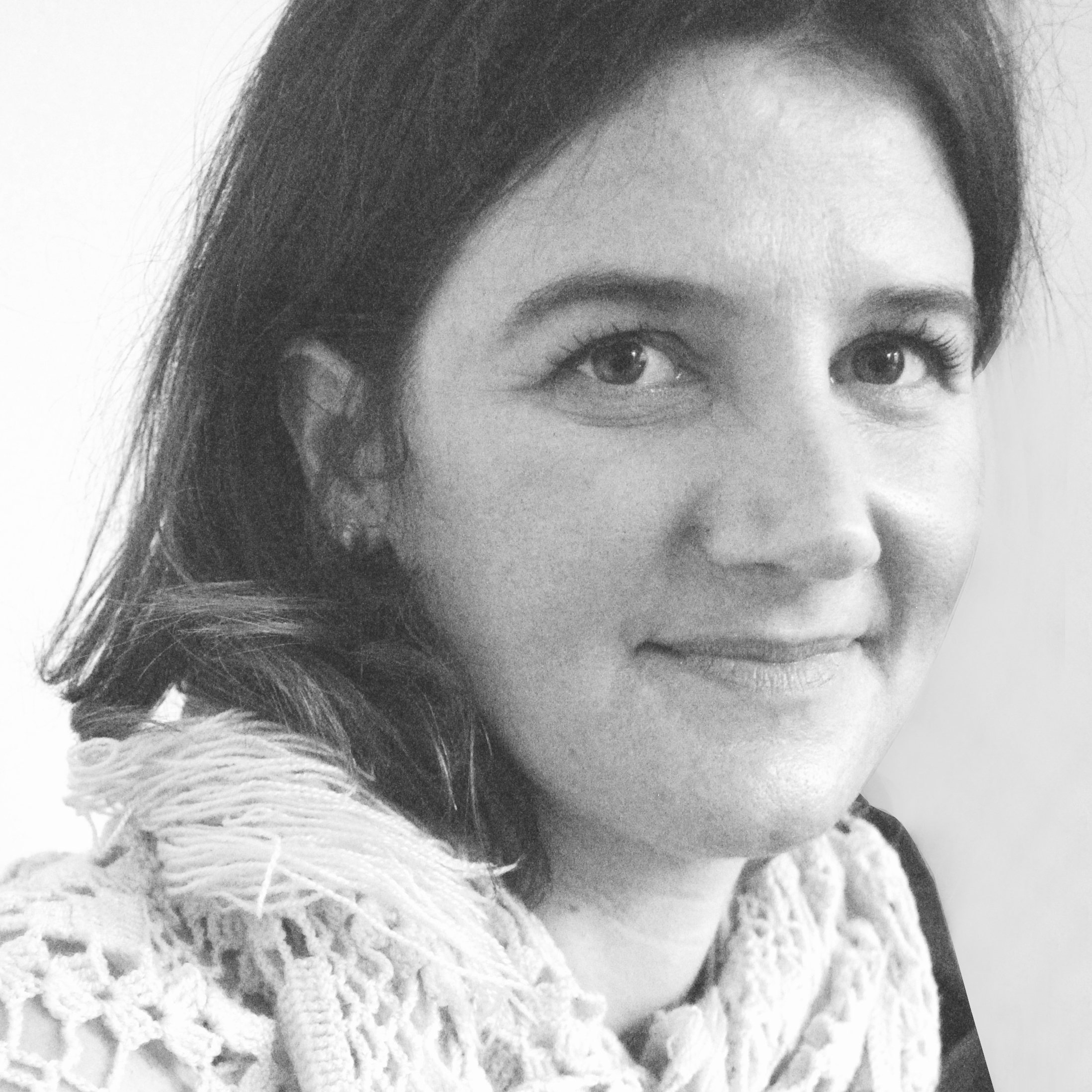
Dr Federica Vannucchi is an architect and an architectural historian. She teaches global history and theory of architecture, and urban history and analysis at Pratt School of Architecture in New York, and has also taught at Columbia, Parsons, Yale and Princeton. Her scholarly interests include the global history of architectural pedagogy, architectural exhibitions, international relations, political theory, and environmental design. Her book manuscript, titled A Disciplinary Mechanism: The Milan Triennale 1964-1973, traces the reform of architecture as a discipline in postwar Italy and focuses on the Milan Triennale as a laboratory and testing ground for reshaping the relationship of architecture in both its theoretical and practical dimensions to politics. Her work is published in journals and edited volumes such as Radical Pedagogies (2020), Exhibiting Architecture: A Paradox? (2018), and Exhibit A: Exhibitions That Transformed Architecture (2015). She has co-curated a number of design exhibitions, including Radical Pedagogies (2014), which was awarded a Special Mention at the 14th International Architecture Exhibition of the Venice Biennale, and Playboy Architecture, 1953-1979 (2012), first presented at the NAiM/Bureau Europe in Maastricht, and after at the Deutsches Architekturmuseum in Frankfurt am Main. Among other fellowship and grants, she received the Sonia Albert Schimberg prize at Yale University, the Fellowship of Woodrow Wilson Scholars at Princeton University and the Collection Research Grant at the Canadian Center for Architecture in Montreal. She holds a PhD in Architecture History and Theory from Princeton, a Master in Environmental Design from Yale, and she was previously trained as an architect at the University of Florence. As a designer she has worked in architecture firms, including Peter Eisenman in New York where she co-designed several projects, including the City of Culture of Santiago de Compostela, Spain and the Memorial to the Murdered Jews in Berlin, Germany.
HAYDÉE DE LOOF
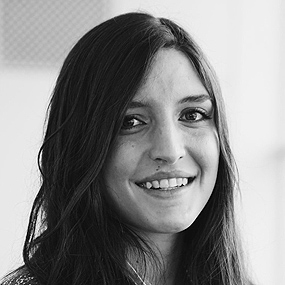
Dr Haydée De Loof is an educational researcher at the University of Antwerp. She obtained a PhD at the department of Training and Education Sciences at the Faculty of Social Sciences. She graduated as a psychologist from Ghent University, and the topic of motivation, interest, and behavior in study choice and career trajectories has been a main interest ever since. She has adopted a quantitative approach in most of her research topics. For her PhD, she focused on the effects of integrated STEM (Science, Technology, Engineering, Mathematics) education on students’ knowledge, motivation, and further career aspirations. The research project STEM@School won the Best Research and Practice Award of EAPRIL 2017. Besides educational effectiveness studies, she has also conducted research on stimulating competences in informal out-of-the-classroom learning environments. For the Artifex project, she has been involved in the construction of a learning platform for teachers who are working in high-technological informal learning environments, such as Fablabs. Currently, an important area of research is the career trajectories and competences of professionals who have finished university education.
HANNE VAN REUSEL
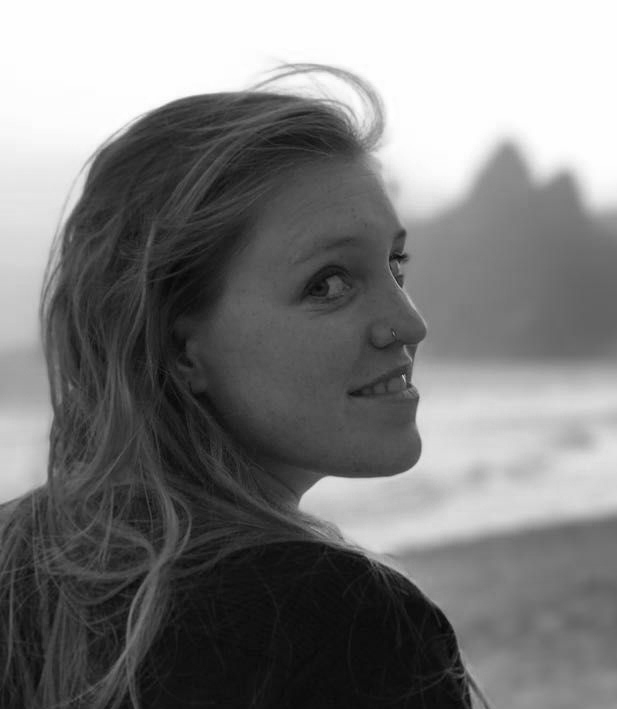
Hanne considers herself an “architect.e”, advocating for architecture to focus on quality of life and wellbeing. She is a pragmatic activist committed to urban architectural design, the commons and sustainability. As a researcher, she developed a practice-based PhD in Architecture (KU Leuven and PoliTo). She spends part of her career within academia as a lecturer and researcher. Her research has covered topics such as altering urban architectural design practices and design-based research, and investigates the profession of architecture from a broad perspective. As a practitioner, she approaches urban design within the context of sustainable transitions and focuses on the fundamental relation between people and their spatial environment - in transition. This practice manifests through artistic spatial interventions (x.hale collective) and consultancy work (Osmos Network) through which Hanne supports architects, urbanist and public, private and communities in their desired shift towards greener and more liveable urban environments.
ANDREA ČEKO

Andrea Čeko is an architectural worker, teaching and research assistant, and a Ph.D candidate at the Department of Architectural Design of the Faculty of Architecture, University of Zagreb. Apart from and prior to architectural studies, she earned BA degrees in Archaeology and Art History at the Faculty of Humanities and Social Sciences in Zagreb. She is a co-author of award-winning architecture and urban design competition projects in Croatia (Atelier Minerva) and the Netherlands (HOH Architecten), a member of national and international collectives and initiatives involved in spatial practices with an interdisciplinary approach from below (Paesaggi Migranti, Dragodid) as well as national professional bodies (Croatian Architects’ Association, Split Society of Architects). She researches architecture and territory in the Mediterranean and (post)socialist contexts, with a recent research focus on social (re)production of architecture and education. Andrea lives and works in Zagreb.
SANTIAGO GOMES

Dr. Santiago Gomes is an architect and Ph.D. He was formed between the Atlantic and Mediterranean shores, studying at the universities of Buenos Aires, Lisbon, and Turin. Since 2007 he has been practicing with architect Sandra Giannini, with whom he founded Follow the Architect in 2010. Since 2006 he has been continuously teaching at the Politecnico di Torino, where he is currently an Assistant Professor of Architectural and Urban Design. Since 2018, he has been Villard International Itinerant Design Seminar faculty. Over the years, he has also been a tutor in design workshops, lecturer, and invited critic at several architecture schools. In 2005 he was selected for the FI - Formación en Investigación program of the Facultad de Arquitectura Diseño y Urbanismo of the Universidad de Buenos Aires [FADU-UBA] aimed at developing a personal research project on residential production in Buenos Aires in the 60s and 70s of Twentieth Century. Between 2005 and 2006, also at UBA, he takes part in the research project “Articulaciones Urbanas: Configuraciones, Técnicas y Movilidad para Proyectar la Ciudad Latinoamericana” for the redevelopment of public and residential spaces of the informal settlement “villa 31” in Buenos Aires. Since 2008, he has collaborated on several design researches at the Department of Architecture and Design of the Politecnico di Torino. Since his school days, his practice has been articulated with civic engagement permeating the interests, positions, and work in support of communities and third-sector organizations, contributing, through the project, to the implementation of inclusive, caring, and sustainable processes. In this sense, the centrality of the residential question and the relationship between architecture, city, and society constitute dominant themes consistently articulated in his research, teaching, and professional activities and emerge in his projects, achievements, and publications.